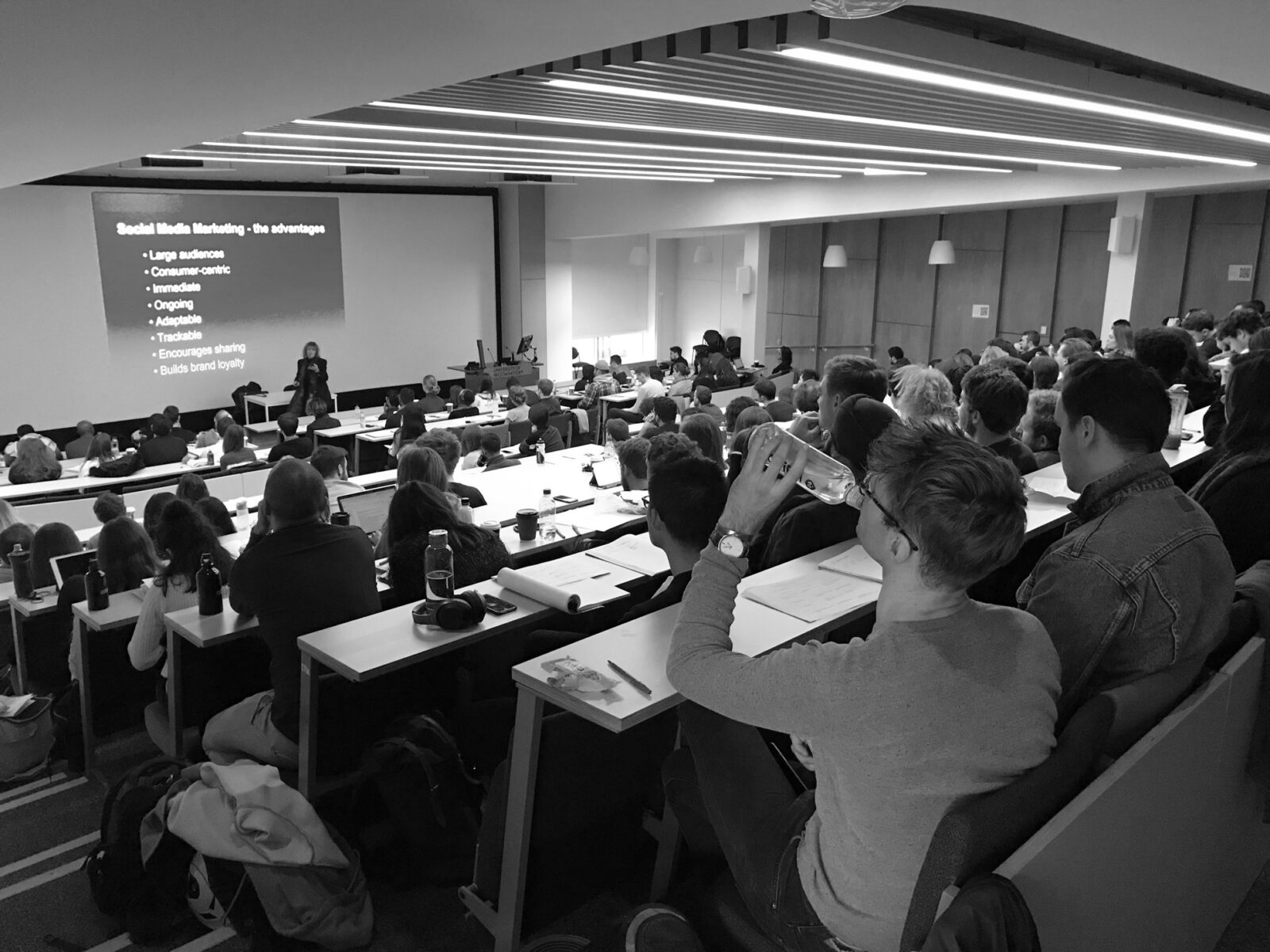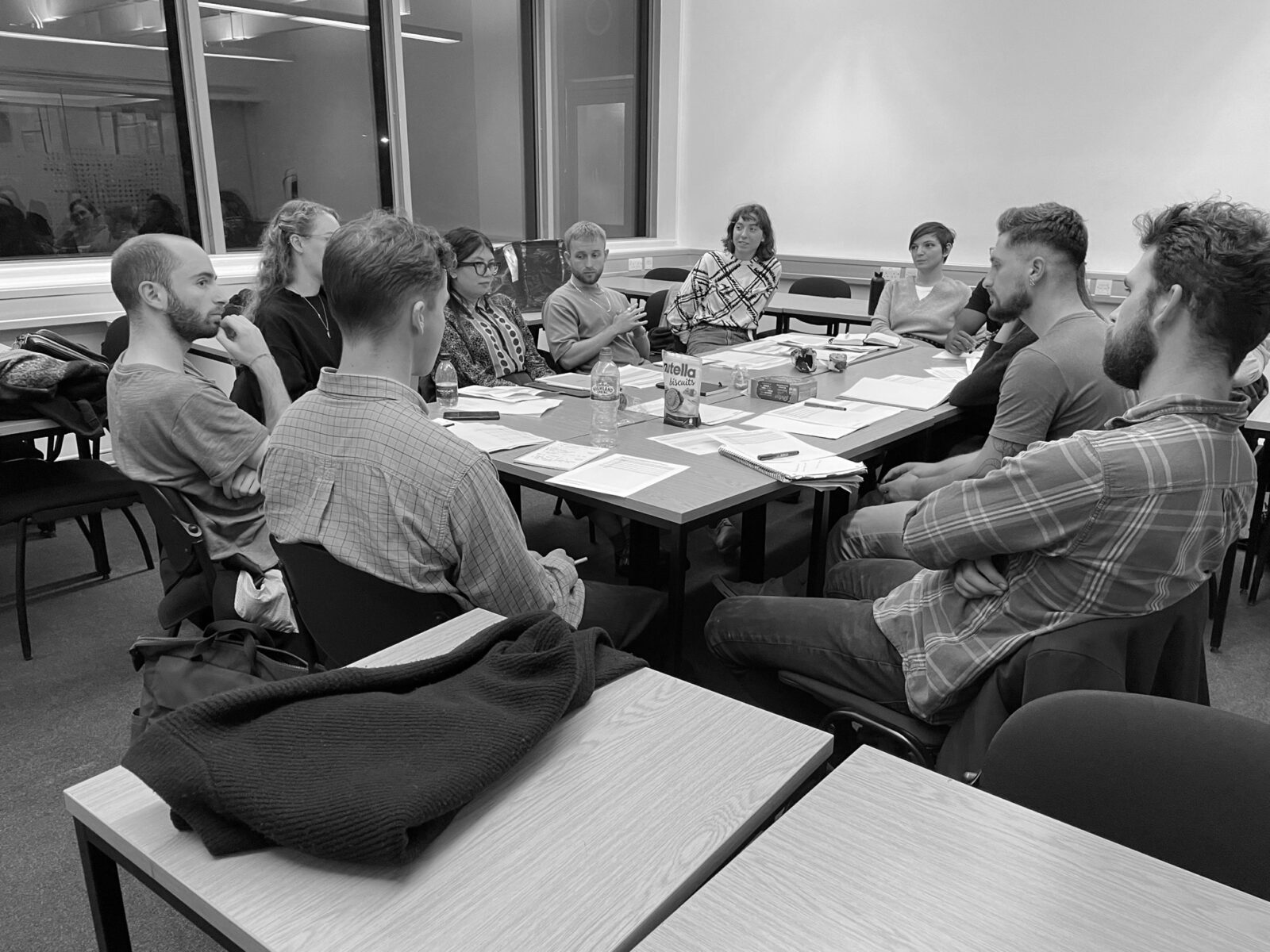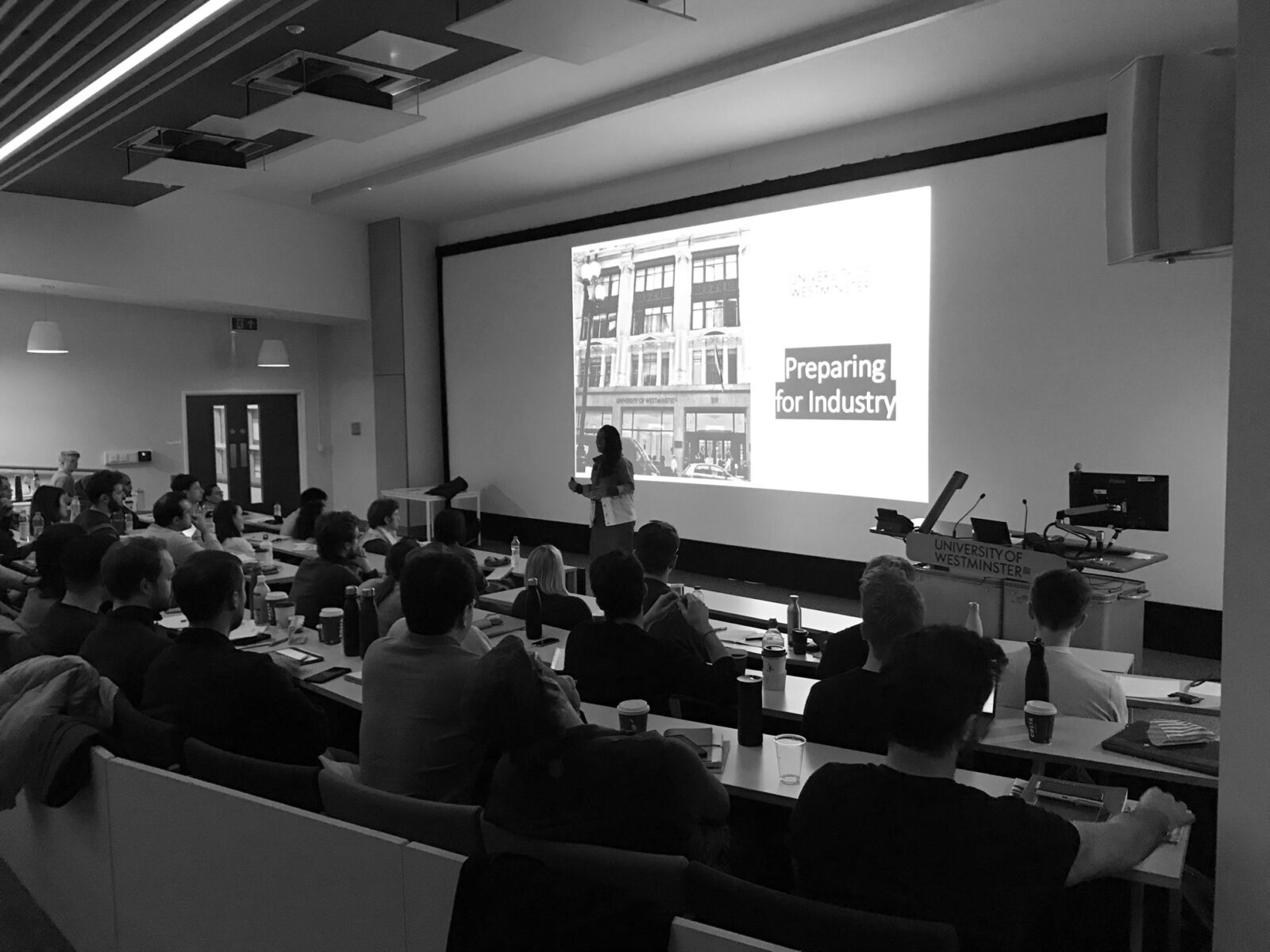RIBA Part 3 Private: Welcome to MORE 2024

Architectural Practice lecture

Professional Case Study and Professional Development and Experience Workshop – Champions group

Professional Development and Experience workshop introduction
Susanne Bauer, Wilfred Achille & Alastair Blyth
Wilfred Achille is Co-Course Leader. Wilfred completed a major study on Broadwater Farm, Tottenham after the eighties riots. Founder of Mode 1 Architects specialising in estate remodelling projects and urban regeneration, he is developing new Turn-key solution business models for architectural practice.
Alastair Blyth is Assistant Head of School and Co-Course Leader. He spent ten years in the Directorate for Education and Skills at the OECD developing a research programme on learning environments. Publications include books on Briefing (Routledge, 2001, 2010); and education environments (OECD 2009, 2012). He collaborates with architectural practices in Sydney and Mexico on school building projects, and is part of an international project investigating Innovative Learning Environments and Student Engagement run by the University of Melbourne.
Susanne Bauer is Senior Lecturer in the Professional Practice in Architecture and the Architectural History and Theory courses. She has practiced in offices in the UK and Germany, including Foster + Partners and AHMM, and previously taught at Norwich University of the Arts and Birmingham City University.
THE SCHOOL OF ARCHITECTURE + CITIES runs the largest RIBA Part 3 programme in the UK. The students come from a wide variety of backgrounds including overseas schools of architecture. Architects who trained outside the UK also attend the course to gain an in-depth understanding of the complexities of UK practice.
Following the requirements of the ARB/RIBA Professional Criteria, Part 3 is structured as a series of building blocks with clear assessment points throughout the year. The lectures, delivered by industry experts, allow students to balance attendance with work commitments and are recorded for easy future access.
Students’ professional development in the workplace is supported by a team of 40 professional tutors – all architects in practice – who provide one-to-one tutorial guidance on project-based coursework. Professional examiners consistently comment on the high, critical standard of the coursework which we attribute to the structured tutoring system where students are challenged to think about practice differently.
The students’ personal backgrounds, the types and number of practices represented on the course, along with the tutors and examiners gives the course an unprecedented reach into the architectural profession. This enables the course both to draw from the breadth of practice experience as well as contribute to it.
The Part 3 Course was validated by the RIBA for a further five years in November 2022. The Visiting Board gave it Commendation, citing its scope and delivery, dedicated Chair of Professional Practice and dedicated administrative support. It was revalidated by the University in 2018.
Susanne Bauer
Lecture-based Modules
The two lecture-based modules are delivered during the first semester. The lecture programmes are delivered by differing industry experts, including construction lawyers, construction managers, architects and surveyors, and are repeated to allow students to balance attendance with work commitments. Lectures are video recorded for easy future access. Each series concludes with an open book written exam.
Architectural Practice Management
This module is delivered as an intensive short course in January with a written examination held in May. The 12 lectures cover general management, marketing and practice management, as well as managing health and safety, different forms of architectural practice and the role of the professional and regulatory bodies.
English Law, Regulations, Construction Procurement and Contracts
This module is delivered as a programme of evening lectures from September to December with a written examination held in January. The module starts with an overview of the English legal system, the regulatory framework that architectural practitioners work with, the procurement of construction projects, the range of contracts used in practice and dispute resolution. Throughout the course students are encouraged to place the issues covered in the context of their practice as well as other experience they will have had.
Work-based Modules
These are supported by a team of 40 professional tutors – all architects in practice – who provide one-to-one tutorial guidance and act as the students’ professional studies advisors for the year. Tutors arrange a mix of group and individual tutorials and additionally provide individual advice by email where needed. The work-based modules are also supported by a lecture programme. Students may defer submission of the coursework for the work-based modules for either six or twelve months to enable them to respond to their workplace context.
The Professional Case Study
The aim of the module is to bring together student’s knowledge of practice including management, legal frameworks, procurement and critical analysis in the context of a construction project, drawing substantially on their own experience. It aims to build on the theory studied in the lecture-based modules, and provide an opportunity to make professional judgements. The case study covers the practice, the design team, appointment, regulatory framework, procurement, and the construction stage. Students are asked to analyse their project against best practice, and make recommendations for future practice based on their analysis. Students submit a draft case study in March and receive formative assessment and feedback in April. The final coursework is submitted in June and assessed in July. Guidance is given on preparing for the oral examination which takes place in September.
Professional Development and Experience
This work-based module tracks and supports the student’s professional development in the workplace. A student’s professional development is discussed with their Professional Tutor who provides guidance on the professional Curriculum Vitae and the Career Evaluation as well as guidance on preparing for the oral examination. Coursework, comprising the CV, Career Evaluation and PEDR sheets, is submitted in June and assessed in July. Students are required to complete PEDRs for the duration of the course and the PEDR sheets are reviewed on a quarterly basis.
Oral Examinations
Oral examinations for both modules take place in early September, with interviews generally lasting 45 minutes. Professional Examiners are paired and will see six students over a day. Their role is to assess the candidate’s performance at oral only and the interviews are based on the Professional Case Study and the Professional Development coursework submitted. The written coursework will have been marked already and the examiners will see the feedback given to students.
